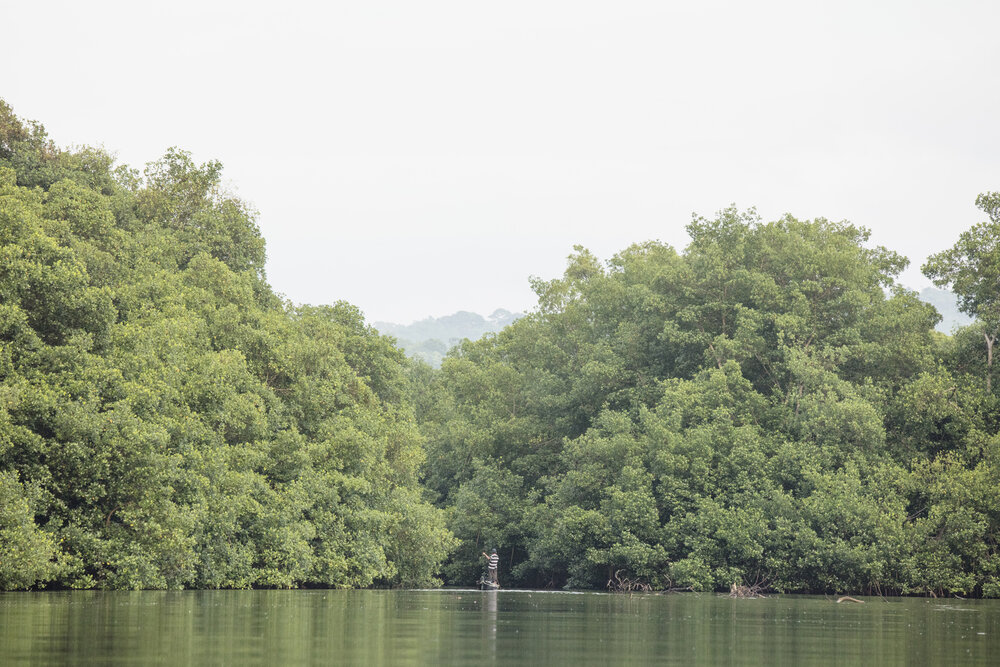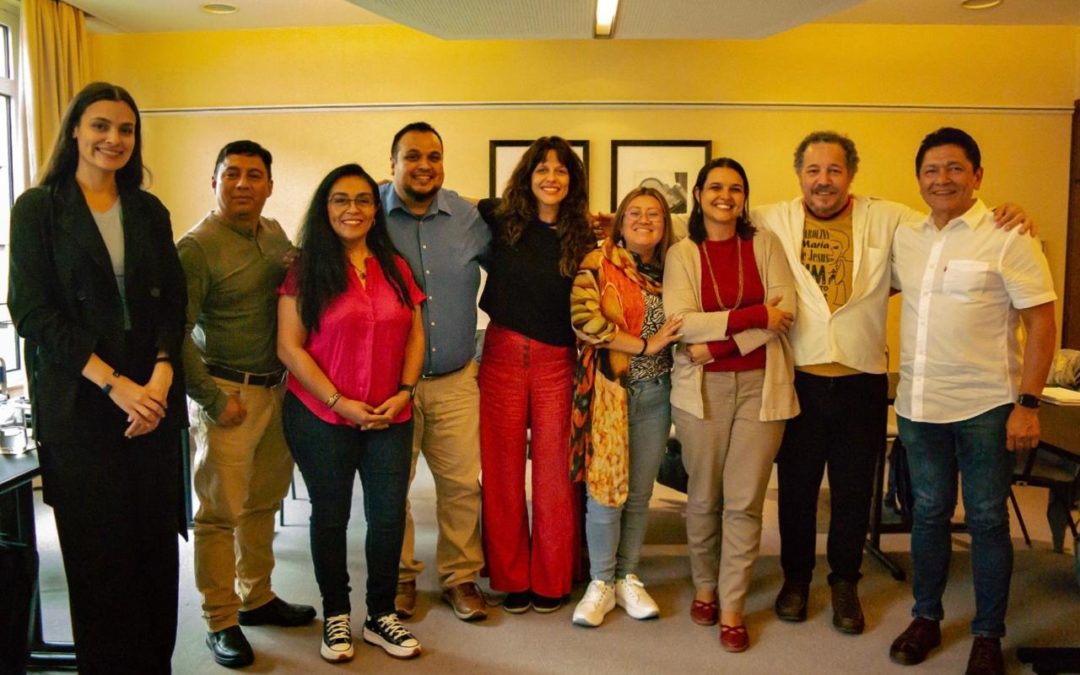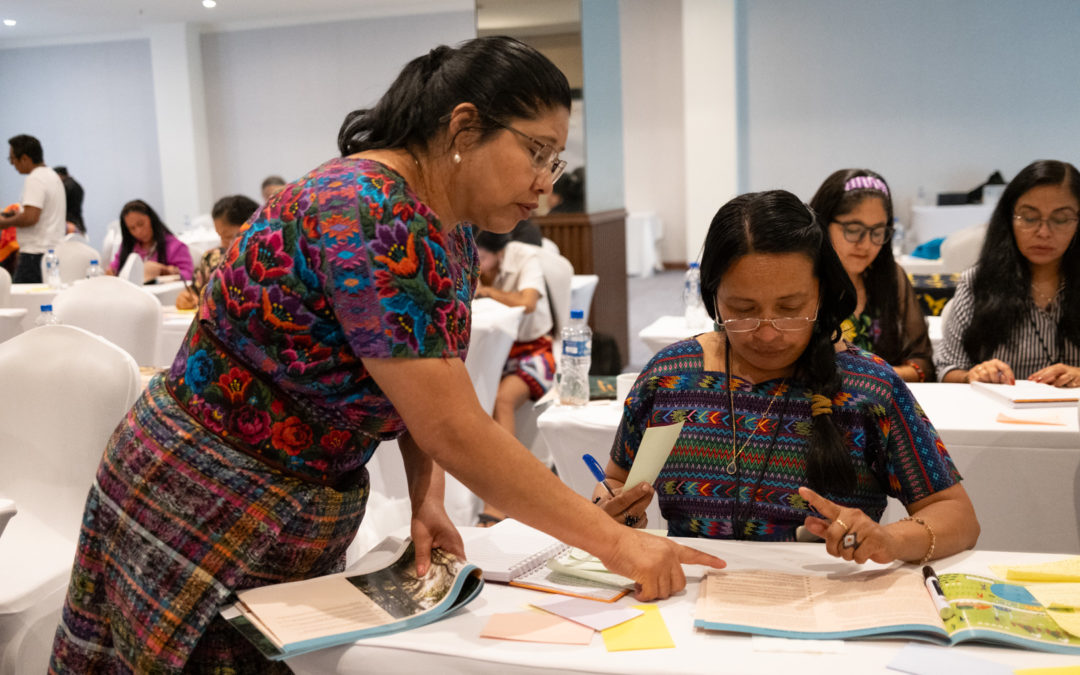Territorial leaders denounce ‘carbon piracy’ of ecosystem services provided by their forest communities on this Indigenous Peoples Day. UN scientific report released today states that forests are essential to retaining the store of carbon.
Photo: If Not Us Then Who
Global failure in recognizing indigenous and local communities’ contributions to climate stability has been exposed on this International Day of the World’s Indigenous Peoples. As the UN’s Intergovernmental Panel on Climate Change (IPCC) prepares to launch its most comprehensive report on the impacts of rising carbon emissions, elected leaders of Indigenous and Local Communities warned that insecure land rights and lack of access to finance is jeopardizing their peoples’ proven role in protecting tropical forests and other vulnerable ecosystems.
“Governments and international systems do not recognize ecosystem services such as carbon sequestration offered by forests on indigenous territories, which has led to carbon piracy”, said Tuntiak Katan, general coordinator of the Global Alliance of Territorial Communities (GATC), and vice coordinator of the Coordinator of Indigenous Organizations of the Amazon Basin (COICA). “They’re stealing our carbon rights, our rights to ecosystem services, while legally profiting from our contributions as if they were part of their political will in order to access climate funds.”
The IPCC report released today warns that the world is pushing nature’s role to its limits. According to the United Nations scientific body on climate change, there’s a rapidly closing window for global action before a 1.5°C goal is out of reach. Furthermore, all potential scenarios for the world to meet that target rely on some form of carbon dioxide removal, in which tropical forests managed by indigenous peoples play a major role.
Their ability to do so depends, however, on the willingness of governments to recognize and enforce their land rights as a means to keep invaders and extractive industries away from forest territories. And now, growing interest in the value of the carbon stored in the forests of Indigenous Peoples has inspired a new sort of invader.
“Private companies in different countries have already tried to get into indigenous territories under carbon trading schemes, without reporting or sharing the magnitude of benefits generated by a given indigenous territory”, said Tuntiak Katan, a Shuar leader from Ecuador.
Falling short
The IPCC findings are being released on the very same date that marks International Indigenous Peoples Day. According to the leaders of the Global Alliance of Territorial Communities, governments of tropical forest countries are falling short of commitments they have made to reduce carbon emissions due to neglecting the rights of Indigenous Peoples to their lands, while failing to recognize their contributions to climate change mitigation.
Few governments have responded with concrete proposals for recognizing and enforcing the land rights of Indigenous communities in tropical forest countries. In Brazil, for example, the government and legislators are attempting to roll back rights, putting at risk forest communities and the ecosystems they have protected and nurtured, sometimes for millennia.
In many countries, governments have done little to stop invasions of Indigenous territories carried out under cover of the Pandemic, while failing to provide appropriate medical care to Indigenous Peoples, and are unable to vaccinate communities, many of which are already on the front lines of the battle to protect natural resources that are vital to human and planetary health.
Lower deforestation rates
Recent data pictures Indigenous Peoples as the best managers of the only existing, affordable, large-scale system for absorbing and storing carbon worldwide. A new research paper on deforestation on Indigenous lands in Brazil joins a growing body of research suggesting that deforestation rates in Latin America and the Caribbean are significantly lower on Indigenous and Afro-descendant territories where governments have recognized and protected collective territorial rights.
Moreover, experts with the IPCC and the IPBES collaborated on a research paper that sought to bring together the “climate and biodiversity spheres”. In describing solutions that serve both objectives, they noted significantly lower levels of land degradation on Indigenous Territories in the Amazon as a reason for supporting land tenure for Indigenous communities.
“It is the most effective land tenure in reducing carbon emissions,” the world’s top climate and biodiversity experts wrote. “The participation of traditional and indigenous people in the decision processes will help to protect the Amazon and reach the ambitious planetary environmental targets in the coming years.”
Despite the evidence suggesting their role in protecting vulnerable tropical forests and other ecosystems, Indigenous Peoples receive only a small fraction of funding for land tenure and forest management, according to a recent study by the Rainforest Foundation Norway.
Therefore, the Global Alliance urges world leaders to make concrete commitments to recognize and enforce the rights of Indigenous Peoples to their ancestral lands as a solution for helping to reach the goals they set in the 2015 Paris Agreement to limit global warming to 1.5–2°C. Together, 840 million hectares of tropical forests in Latin America, Africa and Indonesia are currently managed by its member-organizations. Yet, 400 million hectares of this area remain insecure, despite the communities’ rights to those territories under national and international law.
About the Global Alliance of Territorial Communities
The Global Alliance of Territorial Communities is a coalition of Indigenous and local communities’ across the world. Together, we represent more than 35 million people among forest territories in 24 countries, who protect more than 840 million hectares of tropical forests in Latin America, Africa and Indonesia. Four territorial organizations make up our alliance: the Coordinator of Indigenous Organizations of the Amazon Basin (COICA), the Articulation of the Indigenous Peoples of Brazil (APIB), the Mesoamerican Alliance of Peoples and Forests (AMPB) and the Alliance of Indigenous Peoples of the Archipelago (AMAN).



